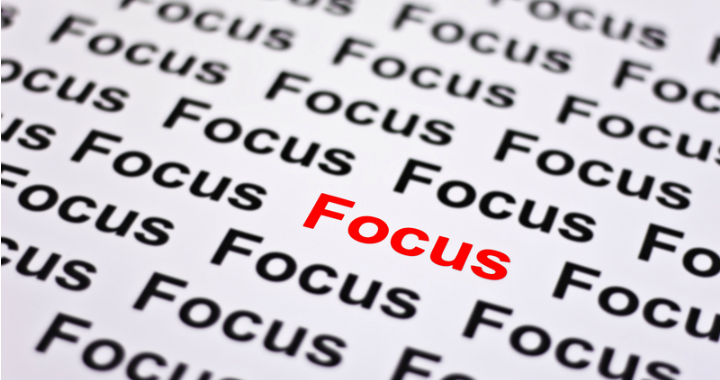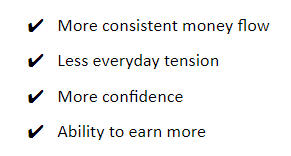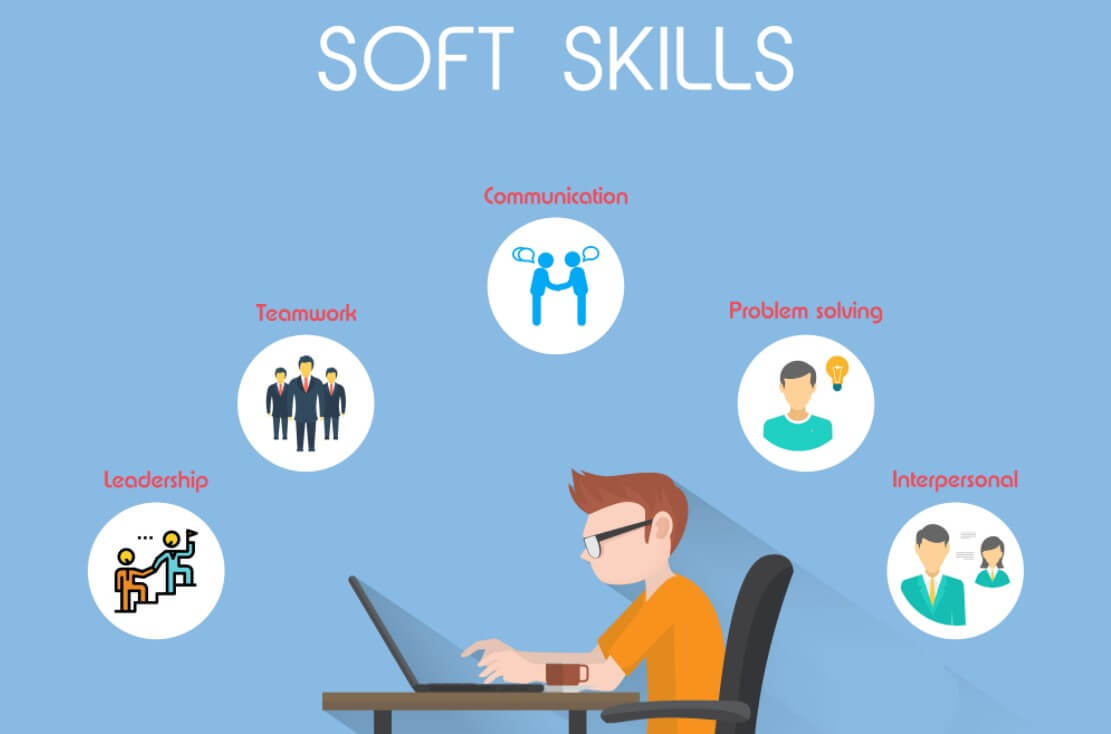We are always on the lookout for new ways to improve our trading and the results that we are achieving. We have probably tried a lot of things in the past that have either worked or not worked. Instead of just throwing random ideas out there, we are going to be looking at 10 of the things that have worked and have been successful in improving our overall trading. Some may be big things, others very small, but the important thing is that they have the potential to make us a better trader.
Keep a Trading Journal
One of the biggest and best things that you can do is to start a trading journal. A trading journal is basically that, a journal where you write down things that you do, your entries, exits, time trades are open, profits, losses, and more, pretty much everything that you do and the reasons for as well as the results of what you did. It sounds like a lot, but once you get used to it you can fill it out pretty quickly, and once you do it is an invaluable tool. You can use it to find out what you are doing well as well as what you are not doing well or where you are deviating from your plan, this then allows you to make adjustments and then ultimately improve on your trading.
Ask for Feedback
Feedback can be a powerful thing, especially when it comes from other traders. Often when we do something we have a sort of tunnel vision, we see what we want to see and the things that we do have a nice rosy tint on them. Getting feedback from someone else, outside of your own views will give you a new perspective and they may be able to see things that you are doing wrong or that could be improved that you could not. Sometimes it can be hard to take criticism on what you are doing, but accept it and work with it, it is a great way to improve your overall trading.
Practice
A pretty simple one, but practice does make perfect after all. Make sure that you have a demo account available for you to use, this demo account is where you can practice your new strategies or trade ideas, it lets you try things without any real risks to your capital. It is always good to use a demo account, to begin with before you try something for real, so take advantage of one whenever you can.
Budget Your Funds
The old but gold rule of only trading what you can afford to lose. This may not improve your trading directly, but it will certainly help with your mentality. If you are trading with money that you actually need then you will be putting yourself in a situation where you will feel increased levels of stress, this can then lead to bad trades being made. Instead, if we are comfortable with the money we are risking, then we have a much clearer mind and so can concentrate on our trading far better.
Watch Successful Traders
Now, we need to be clear that we are not meaning that you should simply copy other successful traders, that won’t benefit you at all. Instead, you need to look at what sort of things that they are doing. This can then give you ideas on how you can adapt your trading. The things that they are doing are clearly working, so why not try and implement some of those things into your own trading strategy? It can help give you new ideas to improve but be wary about simply blindly copying, that will only lead to losses due to you not fully understanding what it is that you are doing.
Watch the News
This does not have to be on TV or in a newspaper, there are plenty of economic calendars out there on the internet that will give you an idea of what economic news events are coming up and the effects that they could potentially have on the markets. Take a look at these each morning and it can give you an idea of what you could trade or what you could avoid. Keep it in mind when you decide which currency pairs to trade, as high volatility news events could increase the risk on certain currencies.
Try New Strategies
You have your strategy that is working which is great, but there is no harm in trying something new. The strategy that you are using is working for the current conditions, but when they change, it may not be quite as effective. Learn a new one or two, something that you can use when the markets change, not only that, but it will also give you a new view of the markets and even ways to improve your currency strategy. Just try not to go crazy and learn too much at once, this can cause you to get confused and mix them all up.
Ignore Rumors
Rumors are out there and they turn up a lot when it comes to forex and trading. People shouting about how well a currency is going to do, or that an asset is going to collapse. Yet these things very rarely happen. If you are on social media, then take absolutely everything with a pinch of salt. If you are going to look for news, then look at a reputable site, not random people over the internet or sites that are set up for clickbait. This way you can avoid making trades or not making trades based on false rumors.
Use Indicators
Indicators can take a lot of the work out of forex trading, by this we simply mean that you no longer need to do some of the analysis that you otherwise would have. They do not take it all away, you still need to read them and then work out what the data shows, but it can certainly speed up the process, it can also help to eliminate some of the human errors that we have when we read and analyze things. The data given will be more accurate and will be presented a lot quicker than if we were to do it ourselves.
Be Confident
Confidence is a great thing, you need to believe in what you are doing, if you do not believe in yourself then you will end up being reluctant to place trades, not something that will make you much money. Believe in yourself, look back at your history to see how well you have been doing, just try and ensure that you are not getting overconfident this can lead to bad trades, so just believe in yourself but be sure to keep your feet on the ground.
There are ten different ways that you can improve your trading, there will of course be a lot of other things that you can also do, each and every trader will be different with different ideas and different abilities, but there are some things that work for all traders. Try and do as many of them as you can if you aren’t already, and you should hopefully see an improvement in your trading results.





